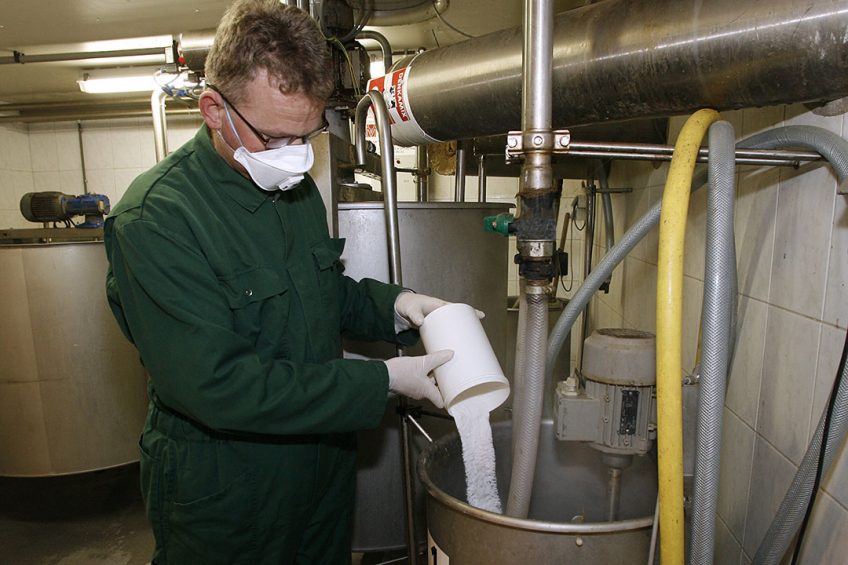Russian poultry farmers want more leeway on coccidiostats

Russian poultry producers have appealed to the Russian sanitary watchdog Rospotrebnadzor to withdraw unjustified restrictions on coccidiostat use.
The Russian National Meat Association and the Russian Union of Poultry Farmers have filed a joint letter to Anna Popova, head of Rospotrebnadzor, asking that the existing sanitary regulations be adjusted and allow the use of coccidiostats – a group of drugs used for the treatment and prevention of coccidiosis – prior to slaughter. The Russian poultry producers argue that the current ban has undermined the average profitability in the sector for years.
Zero-tolerance policy on coccidiostats in poultry
Rospotrebnadzor currently has a zero-tolerance policy on coccidiostats residues in poultry production, prompting poultry farmers not to use coccidiostats at all. According to Sergey Lakhtyukhov, general director of the Russian Union of Poultry Farmers, this leads to a rise in the feed conversion ratio, a drop in meat gains, and consequently, a fall in profitability.
The Russian poultry farmers find that the existing veterinary regulations are excessive, especially since coccidiostats are used during the entire production cycle in many other countries. Rospotrebnadzor, however, argued that more research is needed on the safety of the coccidiostat residues in poultry production before existing veterinary regulations can be changed, Russian newspaper Kommersant reported.
 Coccidiosis
Coccidiosis
Find out more about the causes and effects of coccidiosis and many other poultry diseases in our health tool.
Improving profitability
Albert Davleyev, president of the Russian consulting agency Agrifood Strategy, said that studies on the safety of coccidiostats were already conducted in the EU, US, and Brazil, and that it makes no sense whatsoever to conduct them again in Russia. Davleyev went on to say that the approval of coccidiostats could improve the competitiveness of Russian poultry meat on foreign markets by 5% or 7%. “Poultry farmers in the U.S., Brazil, and even in neighbouring Ukraine do use coccidiostats during the entire production cycle, which gives them an obvious competitive advantage,” Davleyev said. “It is essential that the new regulations are in line with other countries’ requirements,” he added.
 Coccidiostats: Antibiotic or feed additive?
Coccidiostats: Antibiotic or feed additive?
The availability and the continuous preventive use of coccidiostats have contributed to a high level of animal health and welfare in poultry production over the past decennia.
Poultry exports are on the rise
In 2020, Russia made noticeable progress in poultry exports. During the first half of the year, the country sold 145,000 tonnes of poultry to foreign customers, 75.3% up compared to the same period of the previous year, the National Meat Association estimated. The Russian Union of Poultry Farmers forecasted that in 2020, the country’s export would add up to 300,000 tonnes – the highest figure ever.












